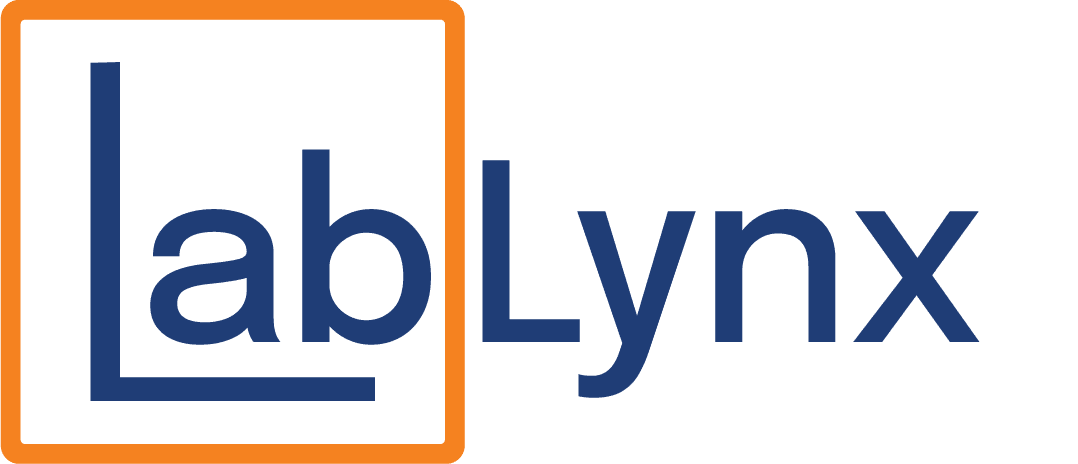Catalyzing Chemistry Laboratories with LabLynx LIMS: A Synergistic Approach to Data Management and Analysis
In the ever-evolving field of chemistry, where precision, accuracy, and efficiency are paramount, the integration of Laboratory Information Management Systems (LIMS) has become indispensable. LabLynx, a pioneering force in LIMS solutions, is at the forefront of bringing innovative data management and analytical capabilities to chemistry laboratories worldwide. This comprehensive article explores the transformative role of LIMS in chemistry and how LabLynx is setting new standards in laboratory informatics.
The Vital Role of LIMS in Chemistry Laboratories
Chemistry laboratories are bustling hubs of activity, where scientists and technicians work on a multitude of processes, from simple compound analysis to complex synthesis and quality control assessments. Managing the vast amounts of data generated, ensuring the accuracy of results, and complying with regulatory standards are colossal tasks that necessitate a robust, reliable, and efficient management system. Herein lies the significance of LIMS; it serves as the central nervous system of a laboratory, streamlining workflows, managing data securely, and ensuring that processes comply with industry standards.
Empowering Chemistry Laboratories with LabLynx LIMS
LabLynx understands the unique demands of chemistry laboratories and offers LIMS solutions that are tailored to enhance their operations:
- Seamless Data Integration: LabLynx’s LIMS facilitates the seamless integration of data from a wide array of instruments and platforms. This interoperability ensures that all data, whether from spectrometry analysis or chromatography, is centrally managed and easily accessible, enhancing the laboratory’s efficiency and data integrity.
- Customizable Workflows: Recognizing that each chemistry laboratory has its unique set of procedures and requirements, LabLynx’s LIMS is designed for high customization. Laboratories can tailor the system to fit their specific workflows, thereby optimizing operations and reducing the potential for errors.
- Advanced Analytical Capabilities: LabLynx’s LIMS is not just a data repository; it’s equipped with advanced analytical tools that support complex calculations, data analysis, and reporting. This capability is crucial for chemistry laboratories, where interpreting data accurately and swiftly can significantly impact research outcomes and product development.
- Regulatory Compliance and Quality Assurance: With built-in compliance management features, LabLynx’s LIMS ensures that laboratories adhere to industry standards and regulatory requirements, such as GLP, GMP, and ISO standards. This compliance is essential for chemistry laboratories operating in highly regulated sectors, ensuring that their findings and products meet the requisite quality and safety standards.
- Enhanced Collaboration and Security: LabLynx’s LIMS promotes a collaborative environment by enabling secure data sharing and communication among team members, even across different locations. This feature fosters teamwork, speeds up project completion times, and ensures that data is protected against unauthorized access.
LabLynx: Leading the Charge in Chemistry Laboratory Innovation
LabLynx is at the vanguard of integrating LIMS solutions into chemistry laboratories, driving innovation, and redefining laboratory informatics. By leveraging LabLynx’s LIMS, chemistry laboratories can achieve unparalleled levels of precision, efficiency, and compliance, enabling them to focus on their core activities of research and development, quality control, and product innovation.
The integration of LIMS in chemistry laboratories is revolutionizing how data is managed, analyzed, and utilized, setting new benchmarks for operational excellence. LabLynx is leading this transformation, providing advanced LIMS solutions that cater to the unique needs of chemistry laboratories. With LabLynx’s LIMS, the chemistry laboratory community is well-equipped to navigate the complexities of modern laboratory management, ensuring that they remain at the forefront of scientific discovery and innovation.


